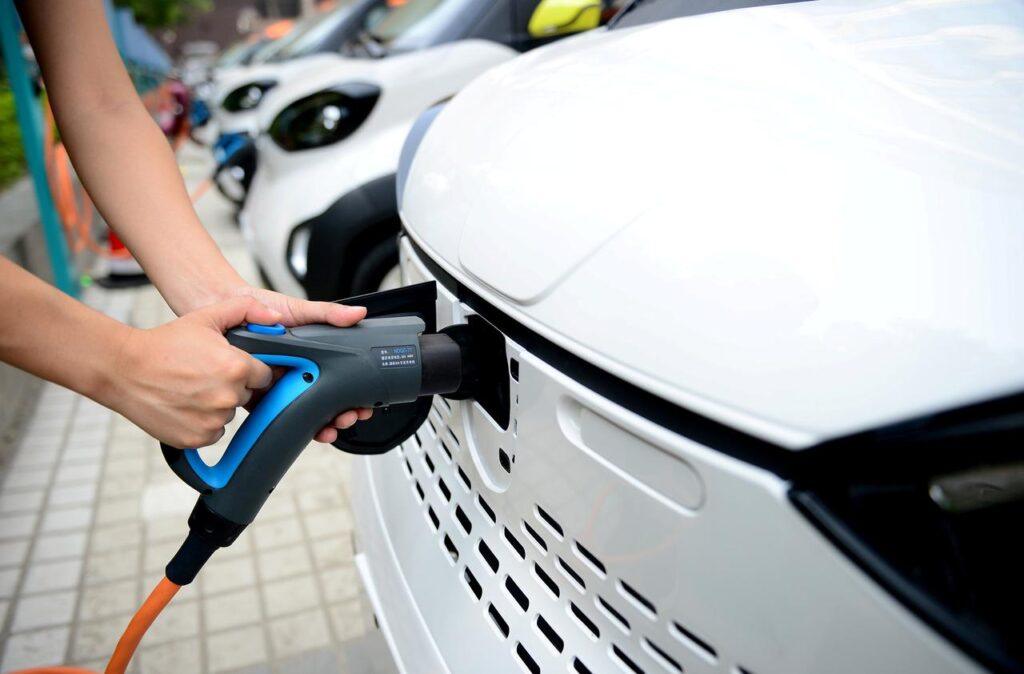The International Monetary Fund (IMF) has rejected Pakistan’s proposed exemption from revenue tax on electric vehicles (EVS) that insist that tax rates remain in accordance with standard policies, Express News reported Wednesday.
According to sources, the global lender raised objections to tax concessions under the country’s EV policy, especially the exemption from the local sale of electric vehicle components.
The Ministry of Industries and Production had recommended the tax cut to increase the EV adoption, but the IMF opposed the move and argued that VAT on raw materials for EVs should not be waived.
Pakistan and the IMF are currently engaged in climate financing negotiations with discussions now in their third round.
Lectures are also planned at charging stations for electric vehicles and customs adjustments, where the authorities are ready to inform the IMF of the country’s goal of establishing 3,000 charging stations in 2030.
It should be noted that a technical delegation from the International Monetary Fund (IMF) arrived in Islamabad on Monday to discuss climate financing and related political measures with Pakistani officials.
The IMF team’s goal is to participate in conversations with federal and provincial authorities to review climate financing strategies, including green budgeting and tracking mechanisms.
The discussions, which will run until February 28, aim to assess Pakistan’s progress with climate adaptation and financing.
An important agenda is the proposed introduction of a carbon tax in the federal budget for the financial year 2025-26.
The IMF will present recommendations on its implementation and framework.
Negotiations also cover subsidies, electric vehicles and expansion of green budgeting. Officials are expected to provide orientations on Pakistan’s current climate initiatives and future plans.
The IMF delegation’s visit is part of broader efforts to adapt Pakistan’s economic policy with global climate commitments, ensuring sustainable economic reforms.



